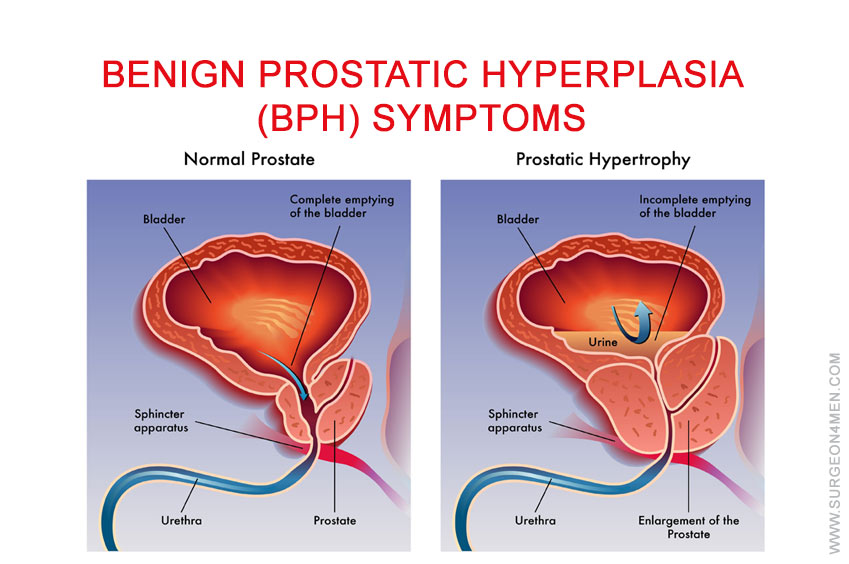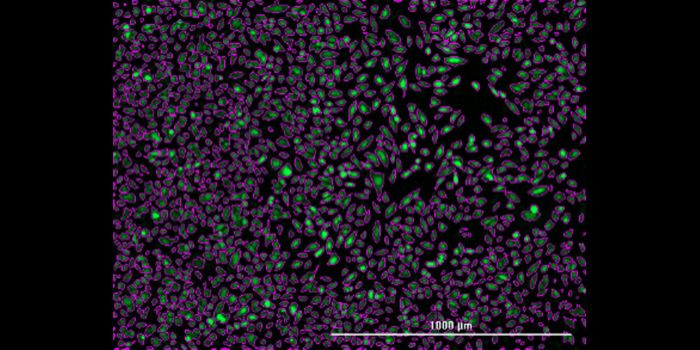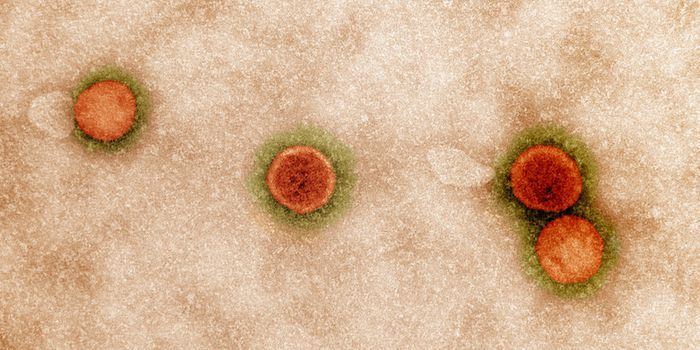New Treatment Option for the Non-Cancerous Form of the Prostate
A new therapy known as ‘prostate artery embolization’ or PAE seeks to treat the non-cancerous enlargement of the prostate, or benign prostatic hyperplasia (BPH), which is a common condition seen in older men.
Prostate artery embolization blocks some of the blood supply from reaching the prostate using tiny synthetic beads, ultimately treating troubling tissue. The treatment is non-invasive and may spare men surgery and side-effects including impotence. “Prostate artery embolization gives men with BPH a treatment option that is less invasive than other therapies and allows them to return to their normal lives sooner.”
Having an enlarged prostate is seen in about a third of men over the age of 50, which can make it difficult for them to pass urine. Currently, some drug treatments and surgical interventions can help however, other treatment options should be offered. In fact, roughly 20 research centers in the UK have already placed patients on this treatment has part of a clinical trial.
A consultant interventional radiologist at the University Hospital Southampton, Dr Nigel Hacking, explains that, "It is a particularly good option for men who are not yet ready to undergo more invasive prostate surgery. Maintaining sexual function and fertility is one of its main strengths” says lead author of the PAE study, Joao Martins Pisco, “this minimally invasive treatment is successful in the long term and should always be presented to patients who are exploring options to resolve their BPH.”

The prostate gland is a crucial part of the male reproductive system, and it works to produce the fluid to carry and nurture sperm. With BAE, if left untreated, it may interfere with the bladder function, causing affected men to go use the toilet to pass urine. If BPH is not treated at all it can cause urine infections and/or damage to the bladder and kidneys.
Sources: BBC News, Urology Health








